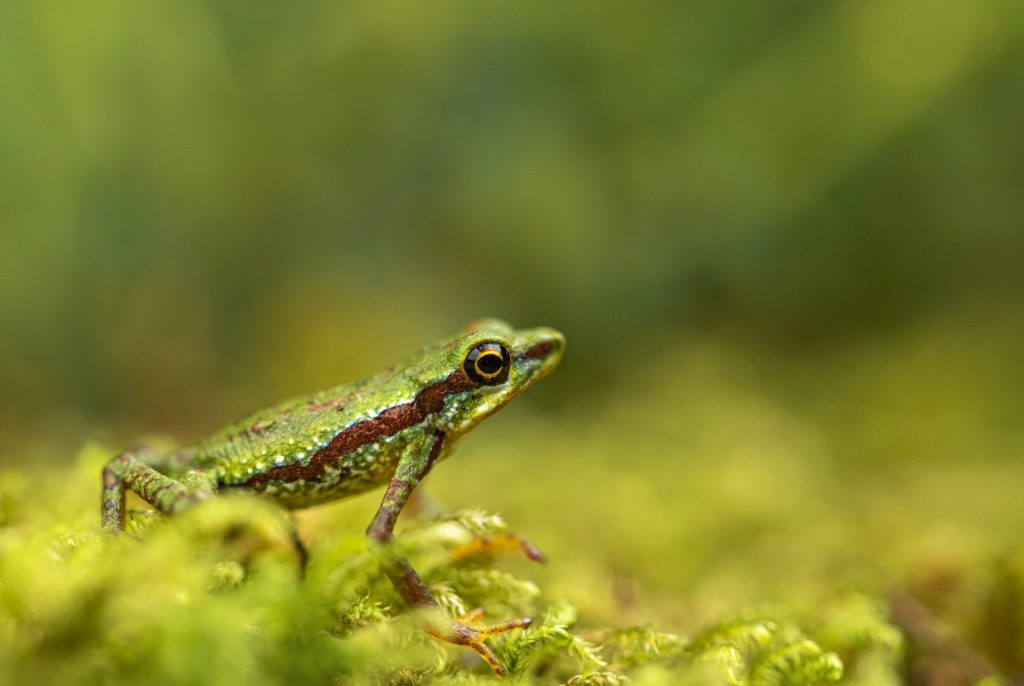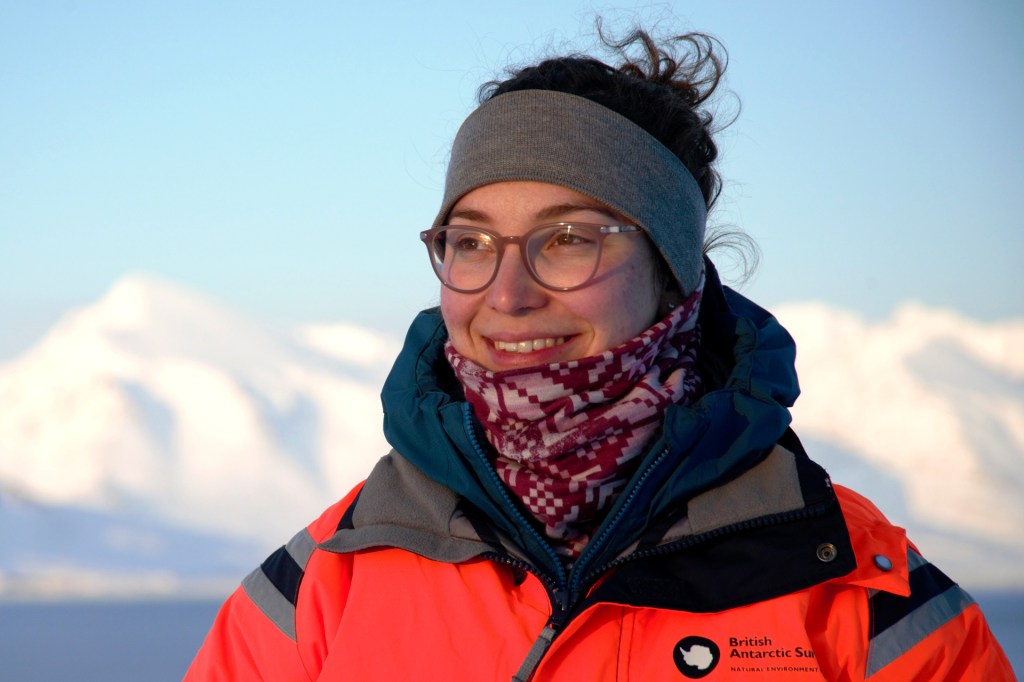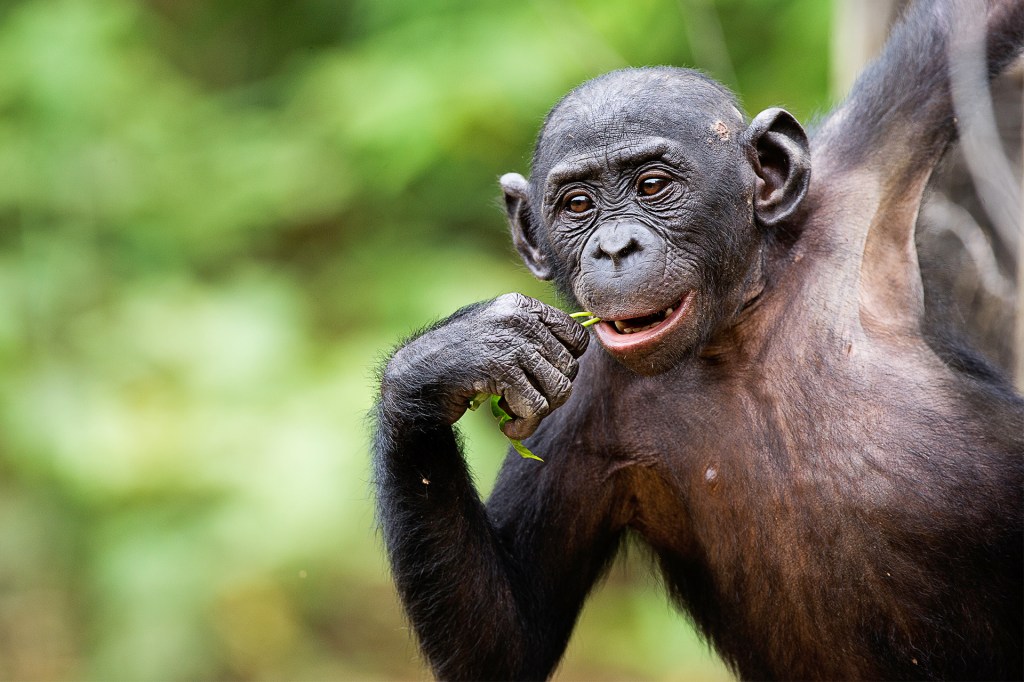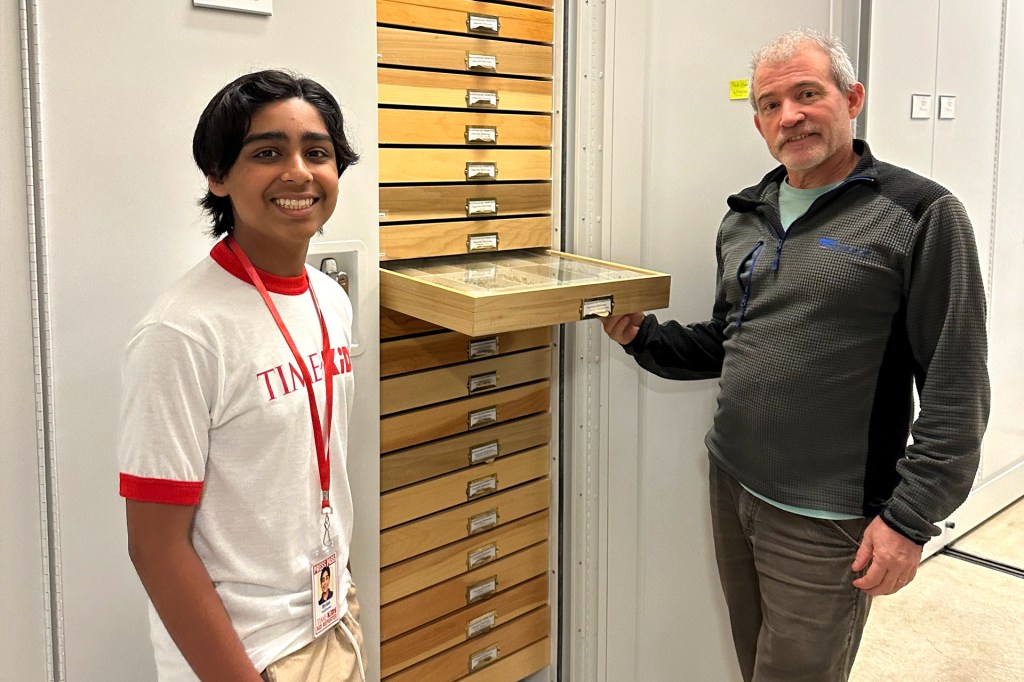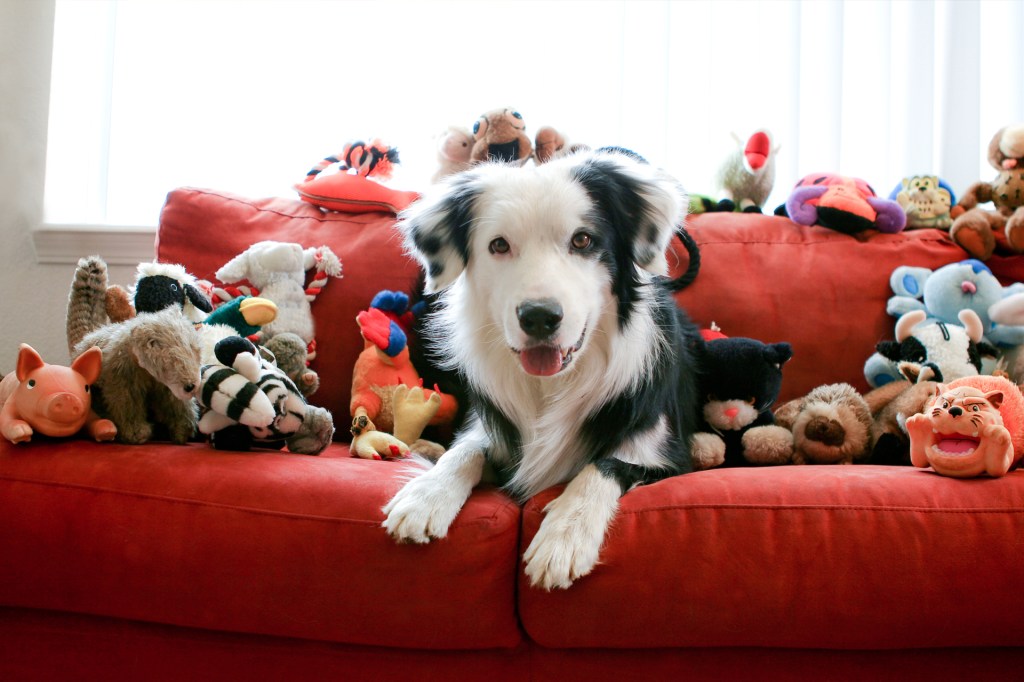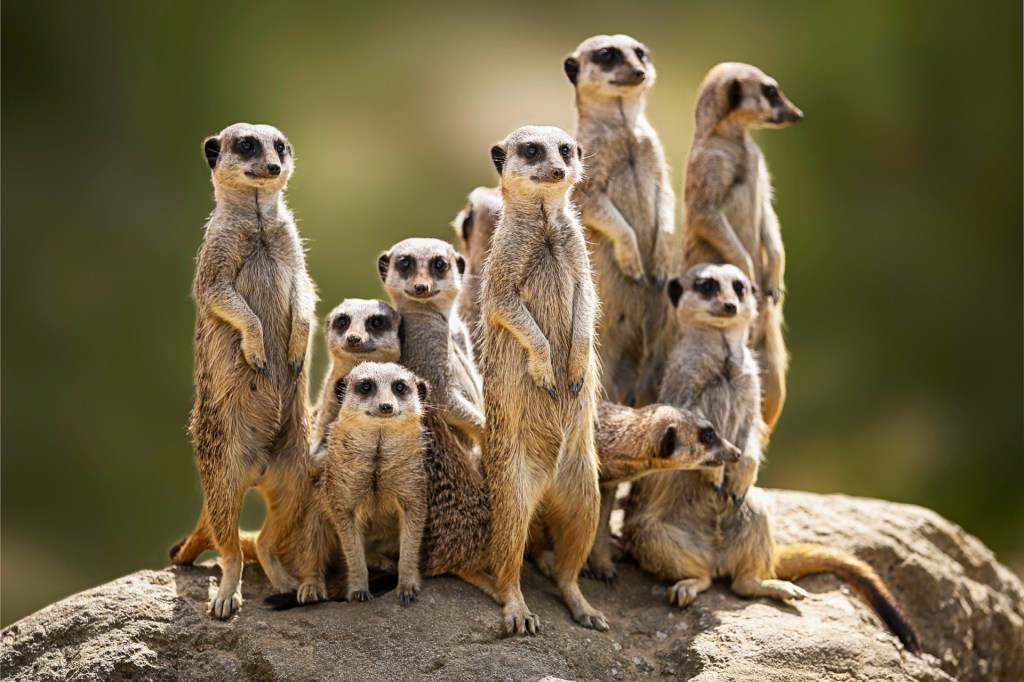
Groups of people sometimes need to make decisions. Students might take a class vote on what book to read or game to play. This year, Americans will vote to decide who will be president. But humans aren’t the only creatures on Earth who vote. Other animals, from honeybees to baboons, make group decisions. They just do it differently, and for different reasons.
Instead of voting for a president, animals vote on where to live or when to hunt. For years, scientists have studied animals’ voting patterns and how these patterns affect group decisions.
Meerkat Call
Researchers have drawn comparisons between how people and animals make collective choices. Take meerkats, for example.
“Meerkats, like humans, negotiate about decisions,” Marta Manser told TIME for Kids. Manser is an animal-behavior scientist at the University of Zurich, in Switzerland. She and two other scientists observed meerkats foraging
forage
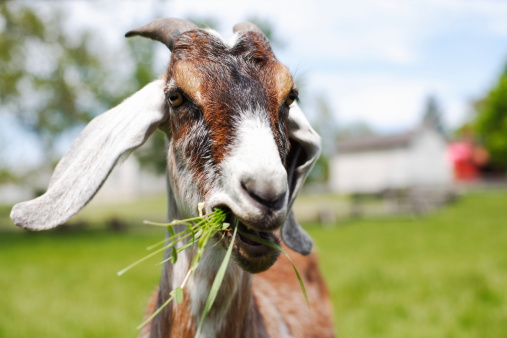 JIM SCHEMEL—GETTY IMAGES
to search for food or supplies
(verb)
The goats foraged in the meadow.
for food in South Africa. They found that the animals foraged together for protection from predators. But what happened when a meerkat wanted to speed up the search? The animal would make a “move call.” If three or more meerkats made this call, the group sped up.
JIM SCHEMEL—GETTY IMAGES
to search for food or supplies
(verb)
The goats foraged in the meadow.
for food in South Africa. They found that the animals foraged together for protection from predators. But what happened when a meerkat wanted to speed up the search? The animal would make a “move call.” If three or more meerkats made this call, the group sped up.
Humans make decisions like this too. Manser says, “If you have a group of people, and one person says, ‘Let’s go for pizza,’ and no one agrees, then nothing is going to happen. But once you have one or two other people saying, ‘That’s a fantastic idea,’ the whole group will probably go out for pizza.”
Bless You!
African wild dogs in Botswana also vote in groups. In a 2017 study published in Proceedings of the Royal Society B, scientists found that after socializing, the pack would decide whether to hunt. How did the dogs cast a vote in favor of hunting? They sneezed! “Whether the dogs would actually go on a hunt was decided by the number of sneezes,” Andrew King says. King was a coauthor of the study. The more the dogs sneezed, the more likely it was that the pack would look for a meal.
Just like humans, animals don’t always agree with one another. But participating in group decisions helps ensure their survival. “It is fascinating to see how animals reach a consensus
consensus
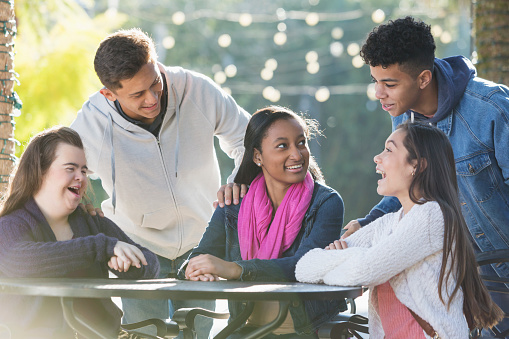 KALI9—GETTY IMAGES
a general agreement
(noun)
After a lot of discussion, the student council came to a consensus.
and stick together,” King says.
KALI9—GETTY IMAGES
a general agreement
(noun)
After a lot of discussion, the student council came to a consensus.
and stick together,” King says.





